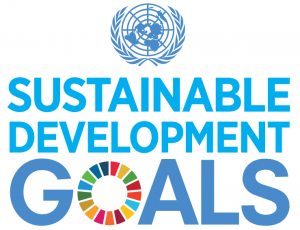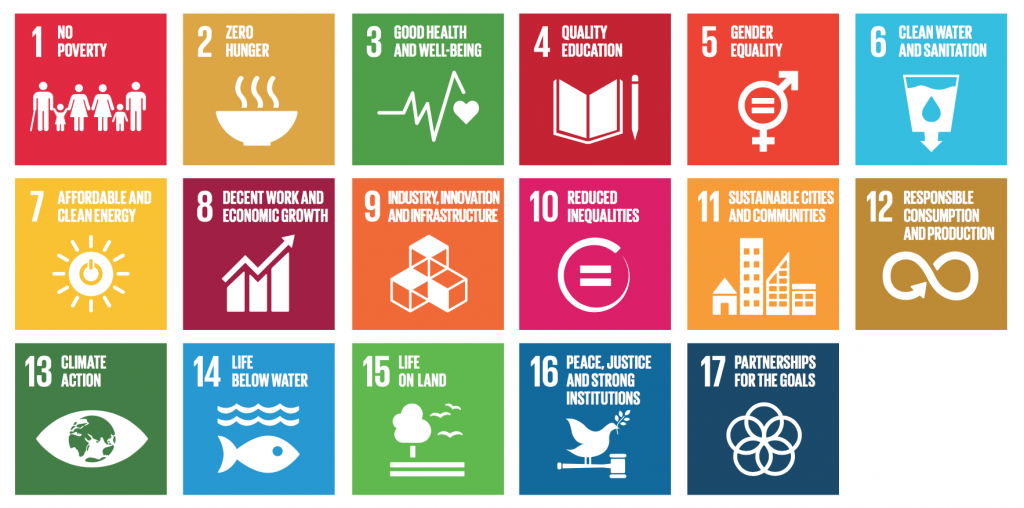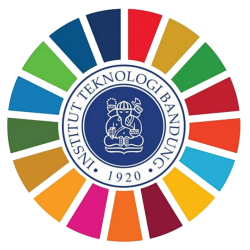
September 25, 2015 at the United Nations Headquarters (UN), world leaders formally endorse the Sustainable Development Goals Agenda as a global development agreement. Approximately 193 heads of state attended, including Indonesian Vice President Jusuf Kalla also ratified the SDGs Agenda.
With the theme “Changing Our World: Agenda 2030 for Sustainable Development”, the SDGs which contain 17 Goals and 169 Targets are global action plans for the next 15 years (effective from 2016 to 2030), to end poverty, reduce inequality and protect the environment. SDGs apply to all countries (universal), so that all countries without exception developed countries have a moral obligation to achieve the goals and targets of the SDGs.
SDGs Are Participatory Designed
Different from its predecessor the Millennium Development Goals (MDGs), SDGs are designed to involve all development actors, be it the Government, Civil Society Organizations (CSOs), the private sector, academics, and so on. Approximately 8.5 million citizens’ votes worldwide also contribute to the SDGs Goals and Targets.
Leave No One (Leave No One Behind)
Not Leaving Anyone is a key principle of the SDGs. With these principles SDGs must at least be able to answer two things, procedural justice, namely the extent to which all parties, especially those who have been left behind, can be involved in the entire development process and substantive justice, namely the extent to which development policies and programs can or are able to answer the problems of citizens, especially groups left behind.


Economic growth must be inclusive to provide sustainable jobs and promote equality.

The food and agriculture sector offers key solutions for development, and is central for hunger and poverty eradication.

Ensuring healthy lives and promoting the well-being for all at all ages is essential to sustainable development.

Obtaining a quality education is the foundation to improving people’s lives and sustainable development.

Gender equality is not only a fundamental human right, but a necessary foundation for a peaceful, prosperous and sustainable world.

Clean, accessible water for all is an essential part of the world we want to live in.

Energy is central to nearly every major challenge and opportunity.

Sustainable economic growth will require societies to create the conditions that allow people to have quality jobs.

Investments in infrastructure are crucial to achieving sustainable development.

To reduce inequalities, policies should be universal in principle, paying attention to the needs of disadvantaged and marginalized populations.

There needs to be a future in which cities provide opportunities for all, with access to basic services, energy, housing, transportation and more.

Responsible Production and Consumption

Climate change is a global challenge that affects everyone, everywhere.

Careful management of this essential global resource is a key feature of a sustainable future.

Sustainably manage forests, combat desertification, halt and reverse land degradation, halt biodiversity loss

Access to justice for all, and building effective, accountable institutions at all levels.

Revitalize the global partnership for sustainable development.

